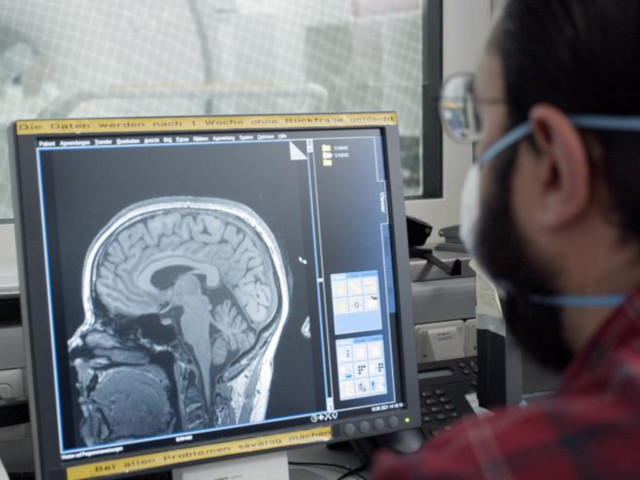Ford working on brain research to tell when drivers are switching off at the wheel
By Staff Writer 28 October 2021 | Categories: news
News sponsored by Drive Control Corporation with Dell Client Peripherals:
Ford is working on new brain research that could ultimately lead to a faster and more accurate way to detect when the driver is starting to switch off behind the wheel.
Alerting drivers who are tired or distracted far earlier could help keep drivers, passengers and other road users safe, with driver fatigue cited as a contributing factor in up to 25% of fatal and serious road incidents. An Ipsos survey shows that 40% of drivers in Europe do not follow the recommended practice of taking a break every two hours on long journeys.
“The brain processes huge amounts of information when we are driving, but that may change as driver assistance technologies do some of the driving for us. Drivers also get tired and their minds can wander. Identifying more quickly when this happens could be of critical importance,” said Stefan Wolter, research engineer, Research and Advanced Engineering at Ford Motor Company.
Working with neuroscientists, Ford is hoping that by identifying the brain responses that reveal lapses in concentration, it may then be possible to match the scans to their physical manifestations – such as changes in heart rate or breathing. Should a loss in concentration become apparent, for example if a change in heartbeat variability was detected via wearable technology, the vehicle could then alert the driver.
Unique research project
As driver assistance technologies offer increasing levels of support to those behind the wheel, it remains crucial drivers stay alert and do not become overly reliant on assistance technologies, the motor manufacturer believes.
Ford is conducting this research on mapping brain patterns to driver’s reactions with Uniklinik RWTH Aachen, in Germany. The testing involves participants completing a driving simulation while their brain activity is scanned by an MRI machine. A specially positioned mirror enables the participants to see the simulation on the screen.
The scenario, designed using gaming technology, involves a three-lane highway at night where a vehicle in the middle lane brakes suddenly and the participant has to take over and move the car to the left or right, using a handheld device. The participants are also prompted by engine sounds to indicate which lane it is safe to move to.
The MRI machine scans the brain before and during these actions, while the researchers measure how quickly the participant reacts and if they make the right decision, and monitor changes to heart rate, breathing rate and other physiological measures.
“We believe that by capturing this data we could one day be able to generate unique physiological driver fingerprints so that drivers of the vehicles of the future can be prepared to react and to intervene immediately in case it is required,” said Professor Klaus Mathiak M.D. Ph.D., head of Psychoneurobiology and lead consultant for Psychosomatic Medicine, Uniklinik RWTH Aachen.
For more than a decade, a coffee cup symbol displayed in the dashboard cluster has highlighted to drivers that they may be showing signs of fatigue and should take a break. Now, this unique research project could take driver monitoring an important step further and help ensure a smooth transition to driving vehicles with advanced driver assistance features.
Most Read Articles

Have Your Say
What new tech or developments are you most anticipating this year?



.gif)
